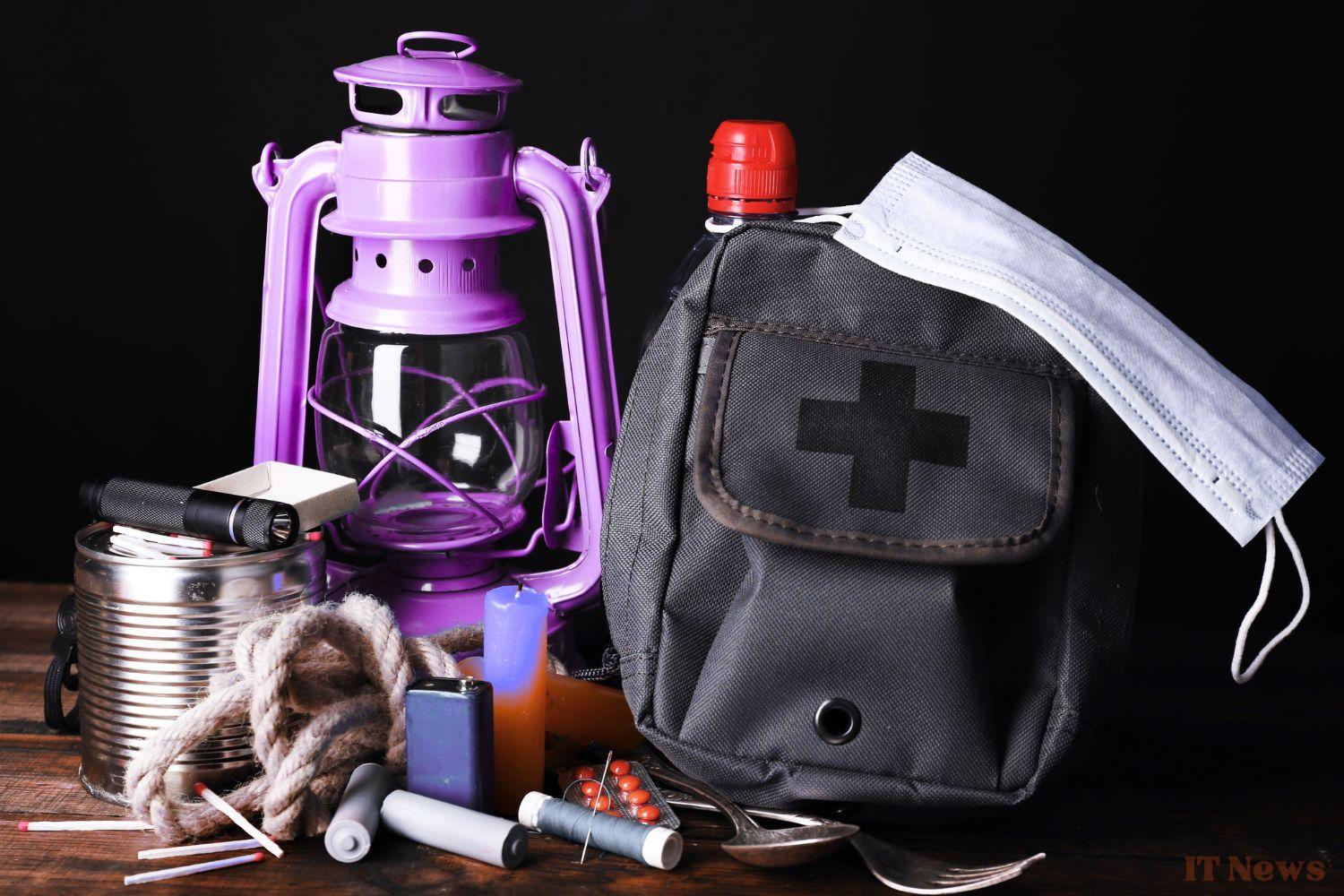Since the European Union's recommendation to member states to prepare a 72-hour survival kit, questions about its real cost have been increasing. While some prefabricated kits reach prices exceeding 200 euros, it is entirely possible to put together an effective and comprehensive kit at a lower cost. Here's an update.
What does the survival kit contain?
Faced with the increasing number of threats, the government intends to prepare for all eventualities. The armed conflict is obviously in the crosshairs, but the manual is not limited to this, also giving prominence to natural disasters such as floods or even the possibility of a new health epidemic. “The objective is to tell the French to prepare for any eventuality and not just armed conflict. Since French doctrine is deterrence, it would be counterproductive to focus solely on armed conflict. and to put only that in the minds of the French,” a government source said on Europe 1.
In detail
- Water: minimum 1 liter per person per day (or 3 liters per person for 72 hours).
- Non-perishable food: canned goods, energy bars, etc.
- First aid kit: bandages, disinfectants, painkillers, specific medications.
- Electronic equipment: flashlight, radio crank, external battery for phone.
- Important documents: copies of identity cards, vaccination records, insurance contracts.
- Practical tools: Swiss army knife, lighter or matches.
Don't buy a ready-made kit
By making your own survival kit, you are guaranteed to pay much less than the pre-made options available online. Don't forget to customize it according to your specific needs (medication, food, pets, etc.). In total, count 170 euros for a complete kit made by you.
-
- Health: 45 euros
- First aid kit
- Paracetamol
- Disinfectant
- Technology: 100 euros
- Solar power bank
- Radio/crank flashlight
- Swiss army knife
- Lighter or matches
- Food: 25 euros for an average family
- Canned tuna, corn, green beans
- Muesli bars
- Water pack
- Health: 45 euros
Once you have your kit, check it regularly to replace expired food and medication and recharge your batteries. Keep it accessible, in a place known to all members of the household. With a little organization and by comparing the prices of essential items, you won't risk breaking the bank. In France, a booklet detailing the actions to The "to adopt in the event of a direct threat" should also be sent to homes. This will include emergency numbers and instructions on how to proceed based on the type of crisis. This will include sealing openings and knowing emergency radio frequencies.



0 Comments